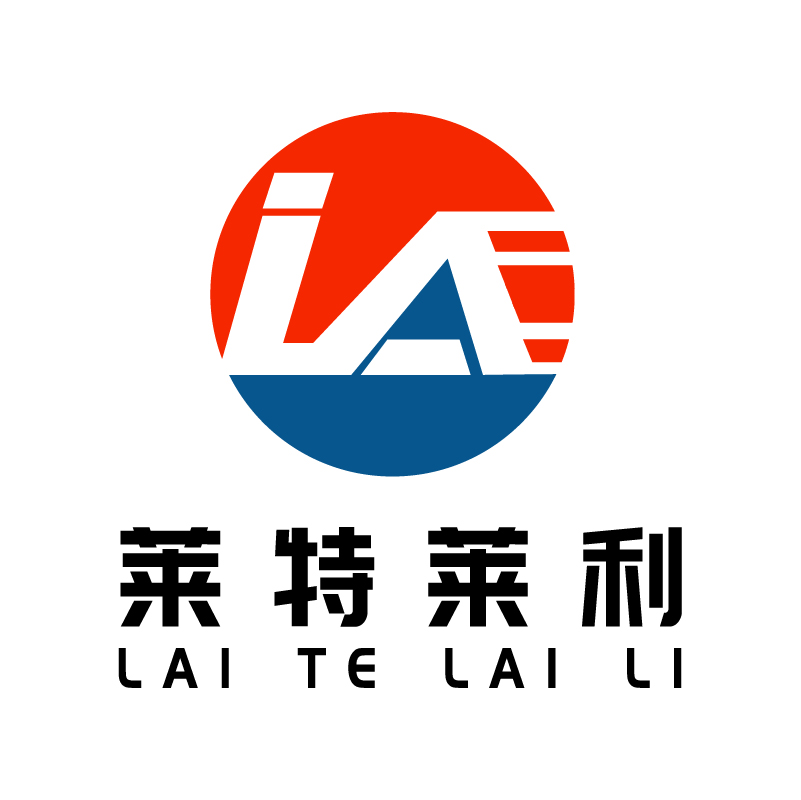What are the limitations and opportunities for the application of long-acting heat-sensitive label p
In the application of long-acting heat-sensitive label paper in the medical industry, it faces some limitations and also has broad opportunities. Here's a closer look at both:
First,Restrictions
1.Material compatibility:
The medical industry has high requirements for the safety, non-toxicity and biocompatibility of materials. The material composition of the long-lasting heat-sensitive label paper needs to meet medical grade standards to ensure that it does not cause any potential harm to patients or health care workers.
Some medical devices or packaging materials may be sensitive to specific types of adhesives or coatings, so the choice of label paper needs to take into account compatibility with these materials.
2.Information persistence requirements:
Many documents and labels in the medical industry need to be kept for a long time, such as medical records, drug labels, etc. Although long-acting thermal label paper has a long information retention period, its information persistence may be affected under extreme storage conditions (such as high temperature and high humidity).
3.Regulatory compliance:
The medical industry is governed by strict regulations, including the content and format of labels. The application of long-acting heat-sensitive labels needs to ensure compliance with relevant regulatory requirements, such as drug labels that need to contain specific warning information and expiration dates.
Second,Opportunities
1.Improve medical efficiency and safety:
Long-acting heat-sensitive label paper can be widely used in the medical industry in medical records, drug labels, medical equipment identification and other aspects. Its water, oil and scratch resistant properties ensure that label information remains legible in wet, greasy or frequently touched environments, improving medical efficiency and safety.
For example, in drug management, long-acting heat-sensitive label paper can clearly print information such as drug name, dosage, and use method, which is convenient for medical personnel to quickly and accurately identify and manage drugs.
2.Meet diverse needs:
With the continuous progress of medical technology and the increasing diversification of medical services, the demand for label paper in the medical industry has also shown a diversified trend. Long-acting thermal label paper can be customized according to different application scenarios and needs, such as different sizes, shapes, colors, etc., to meet the diverse needs of the medical industry.
3.Promote the development of informatization and intelligence:
Long-acting heat-sensitive labels can be combined with other medical information systems (such as electronic medical record systems, drug management systems, etc.) to achieve rapid information entry, sharing and tracking. This will help promote the informatization and intelligent development of the medical industry and improve the quality and efficiency of medical services.
Third,Conclusion
In summary, the application of long-acting thermal label paper in the medical industry faces limitations such as material compatibility, information persistence requirements and regulatory compliance, and also has broad opportunities to improve medical efficiency and safety, meet diverse needs, and promote information and intelligent development. With the continuous development of the medical industry and the continuous innovation of technology, long-lasting heat-sensitive labels are expected to play a more important role in the medical field.


